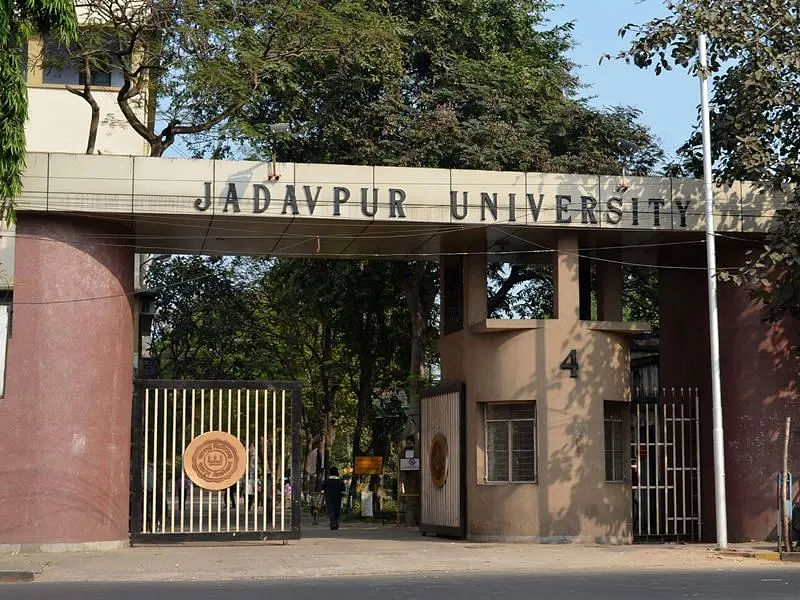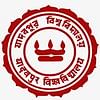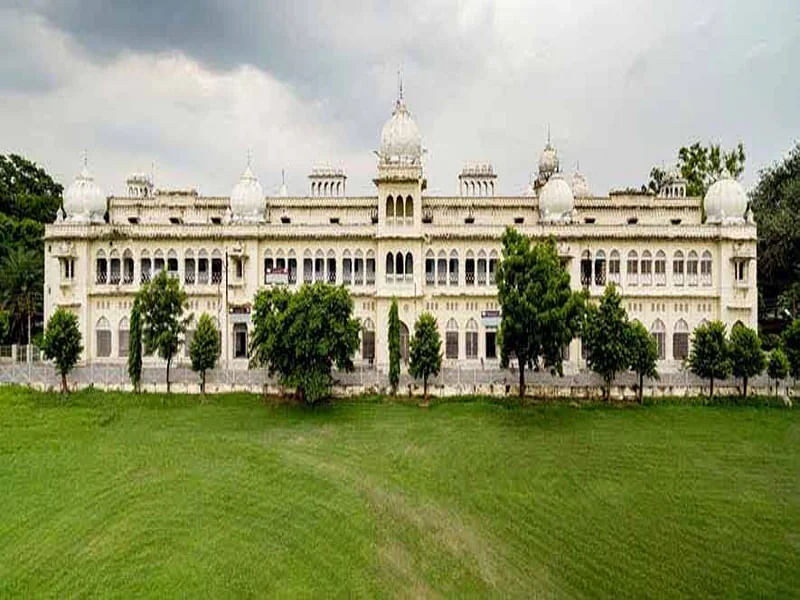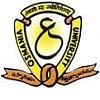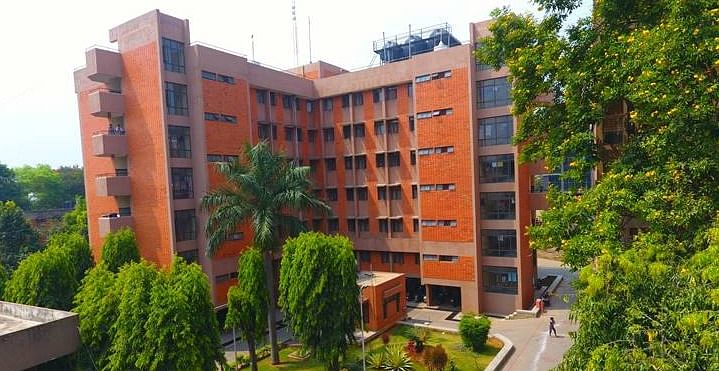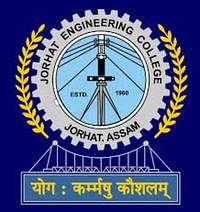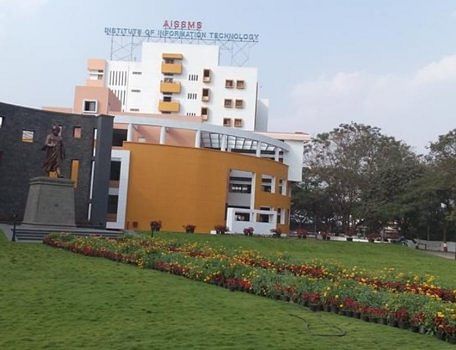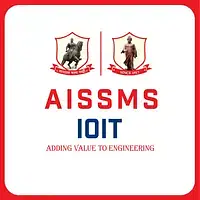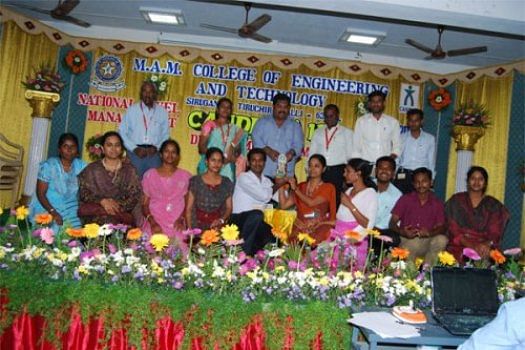BE Instrumentation Engineering Syllabus and Subjects

Bachelor of Engineering Instrumentation subjects is related to engineering discipline with a duration of 4 years. It combines several other engineering disciplines which cover different segments like electronics, electrical engineering, etc. The BA Instrumentation syllabus has both core and elective subjects as part of the curriculum. BE Instrumentation course subjects list will cover the study of electrical instrumentation, process instrumentation, hydraulics, etc.
Semester Wise BA Instrumentation Syllabus
The BE Instrumentation course syllabus elaborates more on dealing with production, Instrumentation, and measurement, etc. The students who pursue this course learn in-depth about basic engineering principles for automated Systems, Control Systems, and other equipment used for different industrial purposes. The BE Instrumentation course aims to ensure that the students get an in-depth understanding of the subject. Semester-wise subjects in BE Instrumentation is given in the table below:
|
Semester I |
Semester II |
|
Engineering Physics |
Sensors and Transducers |
|
Engineering Mathematics I |
Engineering Mathematics I |
|
Chemistry of Engineering Material |
Material Science |
|
Computer Programming in C |
Analogue Electronics Circuits |
|
Fundamental of Measurement and Instrumentation |
Sensors and Transducers |
|
Communication skills |
Analogue Electronics Circuits Lab |
|
Chemistry of Engineering Material Lab |
Measurement and Instruments |
|
Engineering Physics Lab |
Material Science Lab |
|
Computer Lab |
Sensors and Transducers Lab |
|
|
Measurement and Instruments Lab |
|
Semester III |
Semester IV |
|
Optional Subjects |
Optional Subjects |
|
Numerical Analysis |
Industrial Instrumentation III |
|
Process Dynamic and Control |
Control System II |
|
Entrepreneurship Development |
Electrical Machines |
|
Digital Electronics |
Microprocessor Applications |
|
Control System I |
Open Elective |
|
Numerical Analysis Lab |
Digital Signal Processing |
|
Digital Electronics Lab |
Industrial Instrumentation II Lab |
|
Control System Lab |
Electrical Machines Lab |
|
Industrial Instrumentation Lab |
Microprocessor Applications lab |
|
|
Seminar |
|
Semester V |
Semester VI |
|
Medical Instrumentation |
Analytical Instrumentation |
|
Data Acquisition and Telemetry |
Advanced Instrumentation |
|
Power Electronics |
Advanced Process Control |
|
Environmental Control Engineering |
Robotics Engineering |
|
Microcontrollers |
Electromagnetic Theory |
|
Instrumentation System Design |
Analytical Lab |
|
Power Electronics Lab |
Advanced Process Control Lab |
|
Data Acquisition Lab |
Project |
|
Microcontrollers Lab |
|
|
Medical Instrumentation Lab |
|
|
Semester VII |
Semester VIII |
|
Case Study |
Project Phase |
|
Internship |
|
BA Instrumentation Subjects
BA Instrumentation topics that are given below are in a specialization that the institutes have to offer to the students. The BA Instrumentation subjects of every specialization can also additionally have unique tenets of the syllabus. However, the typical format of the Bachelor of Engineering instrumentation syllabus for any specialization stays the same. Students can choose the topics to provide a duration of eight semesters to make the BA Instrumentation syllabus very flexible. Here is the subjects list of BA Instrumentation :
- Engineering Physics Engineering Mathematics I
- Chemistry of Engineering Material
- Computer Programming in C
- Fundamental of Measurement and Instrumentation
BA Instrumentation Course Structure
BA Instrumentation course structure includes both theory and practical papers. The curriculum is curated for 4 years divided into eight semesters. BE instrumentation syllabus PDF can be availed through the institution’s website as well. The course structure is made in such a way that both classroom training and practicals are included in the course curriculum. The course structure is given below:
- VIII semesters
- Theory and Practice
- Core Subjects
- Elective Subjects
- Projects and Internship
BA Instrumentation Teaching Methodology and Techniques
The subjects in the BA Instrumentation curriculum take into consideration different teaching techniques. Classroom learning includes practical sessions for students who are passionate about the subject. An integrative subject allows aspirants to learn in-depth about BE Instrumentation course syllabus. It can be taken up after 10+2. Here are the teaching methodology and strategies:
- Assignments
- Projects
- Case studies/ Research work
- Internships
BA Instrumentation Projects
BA Instrumentation Project topics are given to students to understand the concepts and help students in getting hands-on experience about the course. As the submission of the dissertation at the end of the course is mandatory, students will gain practice on research and its methodologies which will help them pursue M.E, MBA, and Ph.D. Some popular topics are:
- Closed-loop control system (PLC/PID and relevant sensors/actuators)
- Remote operation and monitoring of Generators wired/wireless
- Tank Gauging System for both temperature and level control of Tanks
- Flow Meter for Solids
- Smoke Detector
BA Instrumentation Reference Books
BE Instrumentation Books are available both online and offline by many authors and publications. BA Instrumentation books PDF are available to increase knowledge about the subject. The books are made to gain an in-depth understanding of concepts. Books on this course differ according to specializations. Some of the reference books for BE Instrumentation subjects are:
|
Name of the Book |
Name of the Author |
|
Measurement and Control Basics |
Thomas A. Hughes |
|
Understanding Smart Sensors |
Randy Frank |
|
Industrial Instrumentation |
D.P. Eckman |
|
Electrical and Electronic Measurements and Instrumentations |
A.K. Sawhney |
|
Instrumentation and Control Systems Documentation Book |
Clifford A. Meier and Fred A. Meier |
